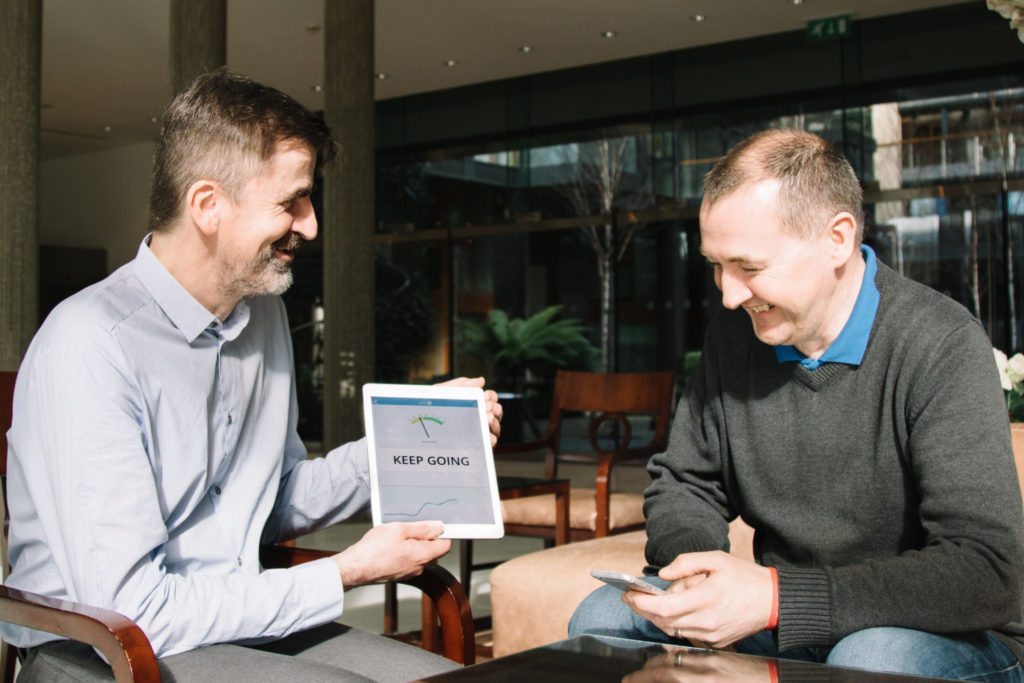The Invisible Condition
It is commonly said that no two people with Parkinson’s are the same, as the symptoms one person experiences can be quite different from those experienced by another person with the condition. Parkinson’s affects people differently, and how symptoms present can change from day to day.
The symptoms which most people associate with Parkinson’s is tremor. However, there are both motor and non-motor symptoms which can be a part of life with Parkinson’s. Not everyone will experience all of these symptoms, while some people with Parkinson’s might never experience such symptoms.
This varied range of symptoms is what makes Parkinson’s such a complex condition. In this blog we look at some ways to manage some of the motor and non-motor symptoms of Parkinson’s.
Motor symptoms:
Gait
Many people with Parkinson’s may experience a change in their walking over time. Common issues such as rigidity, stiffness, slowness of movement, and shortened, shuffling steps impact on the quality of walking. The Beats Medical Parkinson’s Treatment Service helps to work on improving the quality of walking, among other things. You can read more here: beatsmedical.com/parkinsons
Freezing
Some people with Parkinson’s may, from time to time, experience ‘freezing’. This is when the signal from the brain to the legs is impaired, resulting in your feet getting ‘stuck’ on the spot as if your feet are frozen. This can be an uncomfortable experience. Metronome therapy, like the tailored beat in the Beats Medical app, can help to overcome this symptom.
Non-motor symptoms:
Speech
For some people with Parkinson’s, vocal strength and clarity of speech can be affected over time.
Dexterity
Similarly, some people with Parkinson’s may sometimes find things like handwriting, buttons, and zippers a little difficult. The Beats Medical app has exercises, based on Allied Health Therapy, to help with these speech and dexterity symptoms. You can read a review of the service here: parkinsons.org.uk/information-and-support/beats-medical

Sleep
Some people with Parkinson’s can experience issues with sleep. Disrupted sleep patterns can have an impact over time. Try not to worry too much about sleep, take frequent rests when you can, and if it becomes a persistent issue, speak to your Parkinson’s specialist.
Digestion
Sometimes, Parkinson’s can impact on the digestive system, creating issues such as constipation. Therefore, it is important to try maintain a balanced diet, and if you experience issues, link in with your GP or Parkinson’s specialist who will be able to advise you.

